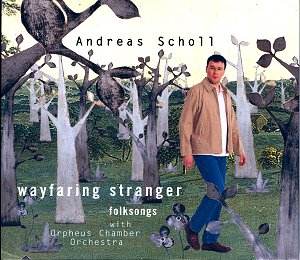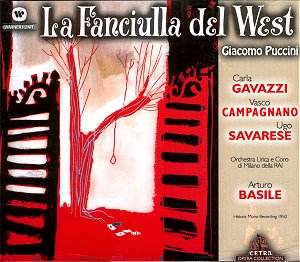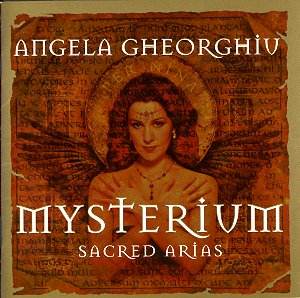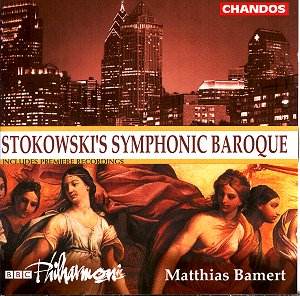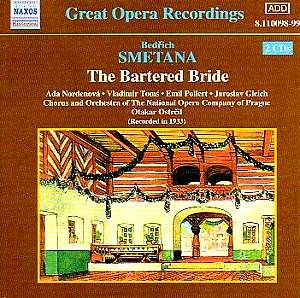 Composer: Bedrich Smetana
Composer: Bedrich Smetana
Works: The Bartered Bride
Performers: Kružina (Jan Konstantin), Ludmila (Marie Pixová), Marenka (Ada Nordenová), Micha (Zdenek Otava), Háta (Mata Krásonová), Vašek (Jaroslav Gleich), Jeník (Vladimír Toms), Kecal (Emil Pollert), Principal of the comedians (Karel Hruška), Esmeraldra (Otta Horáková), Indian (Václav Marek), Orchestra and Chorus of the National Opera Company of Prague
Recording: Recorded in Vienna, from 6 to 23 June, 1933
Label: Naxos Historical 8.110098-99 [2 CDs 117.51]
Bedrich Smetana’s “The Bartered Bride” stands as a cornerstone of Czech opera, embodying the nation’s burgeoning national identity in the 19th century. The opera, a lively folk comedy, is notable for its inventive use of Czech musical idioms, including folk melodies and dance rhythms, which Smetana employs to create a vibrant and engaging narrative. This historical recording from 1933, conducted by the eminent Otakar Ostrčil, captures a moment in Czech operatic history, offering a window into both the performance practices of the time and the cultural milieu from which the opera emerged.
The performance on this Naxos reissue showcases the strengths of a cast that had honed their craft under Ostrčil’s direction. Soprano Ada Nordenová delivers a spirited portrayal of Marenka, her voice bright and agile, perfectly capturing the youthful exuberance required for the role. Her duets with tenor Vladimír Toms (Jeník) are especially delightful, characterized by a natural interplay that reflects the intimacy and spontaneity of their budding romance. Toms’s clear tenor shines in the lyricism of his solos, notably in the Act II aria “Jeník’s Song,” where his phrasing and emotional delivery evoke both longing and joy.
The ensemble work among the cast is meticulously crafted, with each character contributing to the rich tapestry of the opera. The interplay between the chorus and soloists is particularly noteworthy; the chorus is not merely an accompaniment but an active participant in the narrative, bringing to life the bustling village atmosphere that is central to the opera’s charm. The brisk conducting by Ostrčil imparts a buoyancy to the music, ensuring that the orchestral interludes and dance sequences maintain their infectious vitality. However, while the clarity of the voices is commendable, the orchestral sound suffers from a certain muddiness, a common issue in historical recordings that detracts slightly from the overall experience.
The remastering by Ward Marston has produced a relatively clean sound, allowing the listener to appreciate the nuances of both vocal and orchestral lines. Yet, those accustomed to the polished audio of modern digital recordings may find the orchestral textures lacking in clarity. Comparatively, the more recent Supraphon recording, which boasts stereo sound and a more complete presentation—including a libretto—may be preferable for those seeking a contemporary listening experience. However, the historical significance of this recording, along with its compelling performances, offers an invaluable glimpse into the interpretative styles of Czech opera during the interwar period.
This Naxos release of “The Bartered Bride” is a distinguished tribute to Smetana’s enduring legacy, enhanced by the spirited performances of a remarkable cast. The recording encapsulates a vibrant moment in Czech culture while showcasing the operatic traditions of its time. For those interested in the richness of Czech music history, this recording stands as a vital and engaging resource that merits a place in any serious collection.
